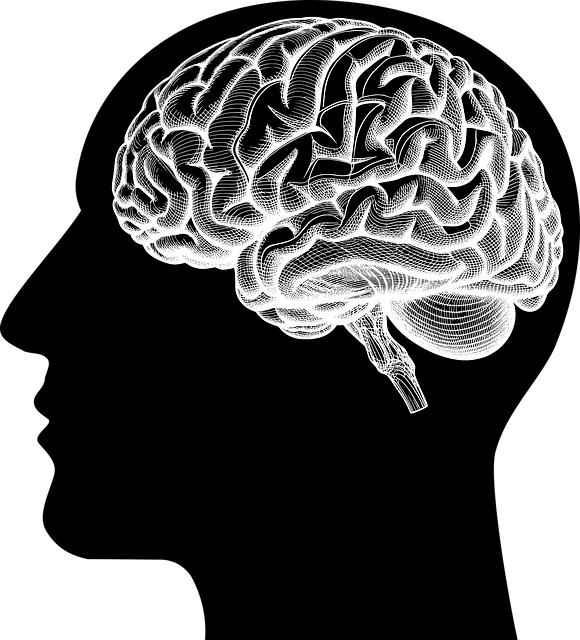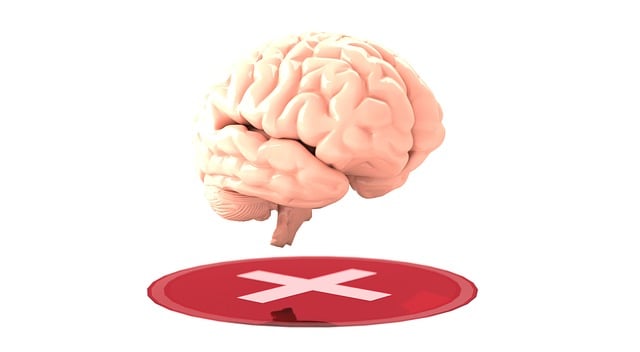Englewood Codependency Therapy (ECT) combines cognitive-behavioral strategies with mindfulness exercises to help individuals heal from codependent relationships, reduce stress, anxiety, and depression, and enhance emotional well-being. Through its Community Outreach Program and structured approach, ECT emphasizes developing social skills, improved communication, healthier relationships, setting boundaries, and self-care practices. By integrating mindfulness into daily routines, such as 10 minutes of breath awareness or mindful eating, individuals gain tools for stress management and mental clarity, fostering resilience and emotional balance.
“Unwind your mind and embrace a healthier mental space with our comprehensive guide on mindfulness meditation. This article explores the transformative power of mindfulness, especially for those navigating codependency patterns. We delve into ‘Understanding Mindfulness Meditation’ as a foundational step towards healing. Further sections uncover the impact of codependency on mental well-being and provide practical tips to seamlessly integrate mindfulness into daily life. Additionally, we highlight the beneficial role of Englewood Codependency Therapy in enhancing meditation practices for holistic recovery.”
- Understanding Mindfulness Meditation: A Foundation for Healing
- Identifying Codependency Patterns and Their Impact on Mental Well-being
- Practical Steps to Integrate Mindfulness into Your Daily Routine
- The Role of Englewood Codependency Therapy in Enhancing Meditation Practices
Understanding Mindfulness Meditation: A Foundation for Healing

Mindfulness meditation is a practice that cultivates present-moment awareness and non-judgmental observation of thoughts, feelings, and bodily sensations. It’s a foundation for healing and well-being, offering a path to reduce stress, anxiety, and depression while enhancing emotional regulation and overall mental clarity. Englewood Codependency Therapy leverages mindfulness as a core component in its approach to address complex interpersonal issues that often stem from codependent behaviors.
This ancient practice is grounded in the concept of “mind over matter,” promoting self-awareness and understanding. Through regular meditation, individuals can develop enhanced social skills, improve communication, and foster healthier relationships—all key aspects emphasized by Englewood Codependency Therapy’s Community Outreach Program Implementation. By integrating mindfulness into therapy and personal growth strategies, one can achieve a deeper sense of balance and connection in both their internal world and interactions with others.
Identifying Codependency Patterns and Their Impact on Mental Well-being

Codependency patterns often go unnoticed, but they can significantly impact mental well-being, especially in high-stress environments like healthcare. Englewood Codependency Therapy (ECT) offers a path to recognition and healing. By identifying these unhealthy dynamics—where one’s emotional needs are met indirectly through another person’s actions or feelings—individuals can begin to understand their role in maintaining these patterns. This awareness is crucial for burnout prevention strategies for healthcare providers, fostering inner strength development, and enhancing mental wellness.
In the context of Burnout Prevention Strategies for Healthcare Providers, recognizing codependency can lead to more balanced relationships, improved coping mechanisms, and a deeper connection with one’s inner self. This shift can contribute to better resilience and overall mental wellness, as evidenced in various Mental Wellness Podcast Series Production discussions. Through ECT, individuals learn to set healthy boundaries, communicate effectively, and develop self-care practices, all of which are essential components for maintaining mental wellness.
Practical Steps to Integrate Mindfulness into Your Daily Routine

Incorporating mindfulness into your daily routine is a powerful step towards enhancing your mental wellness, and Englewood Codependency Therapy offers valuable guidance in this journey. Start by dedicating just 10 minutes each day to practice mindfulness meditation. Find a quiet space where you can sit comfortably with your eyes closed. Focus on your breath, noticing the rise and fall of your chest without judging or controlling it. When thoughts intrude, gently guide your attention back to your breath. Consistency is key; make this a non-negotiable part of your day, much like brushing your teeth.
Consider incorporating mindfulness into everyday activities as well. For instance, while eating, pay close attention to the textures, flavors, and aromas of your food. During walks, be aware of the sensations in your body and the sounds around you. This practice, often referred to as Mindfulness Meditation, can significantly improve your ability to manage stress, a crucial aspect for mental health professionals considering Risk Management Planning in their Mental Wellness Podcast Series Production.
The Role of Englewood Codependency Therapy in Enhancing Meditation Practices

Englewood Codependency Therapy offers a unique approach to enhancing meditation practices, particularly for individuals seeking to overcome codependent behaviors and improve their mental well-being. This therapy focuses on addressing underlying emotional issues and fostering healthy relationships, which are essential aspects of mindfulness meditation. By integrating these therapeutic techniques into meditation routines, individuals can achieve a deeper sense of self-awareness and inner peace.
The practice combines cognitive-behavioral strategies with mindfulness exercises to help clients manage stress, process traumatic experiences, and cultivate positive thinking patterns. Through tailored sessions, therapists guide individuals in developing stronger boundaries and improving their ability to regulate emotions, all while incorporating meditation techniques to promote relaxation and mental clarity. This holistic approach not only enhances meditation practices but also equips individuals with valuable tools to navigate life’s challenges, fostering overall resilience and emotional balance.
Mindfulness meditation, as explored through the lens of understanding codependency patterns and incorporating Englewood Codependency Therapy practices, offers a powerful path towards healing and improved mental well-being. By integrating mindfulness into daily routines, individuals can cultivate a deeper sense of self-awareness, break free from unhealthy relationships, and embrace a more balanced and fulfilling life. This holistic approach, combining meditation with therapy, has the potential to revolutionize one’s mental health journey.













